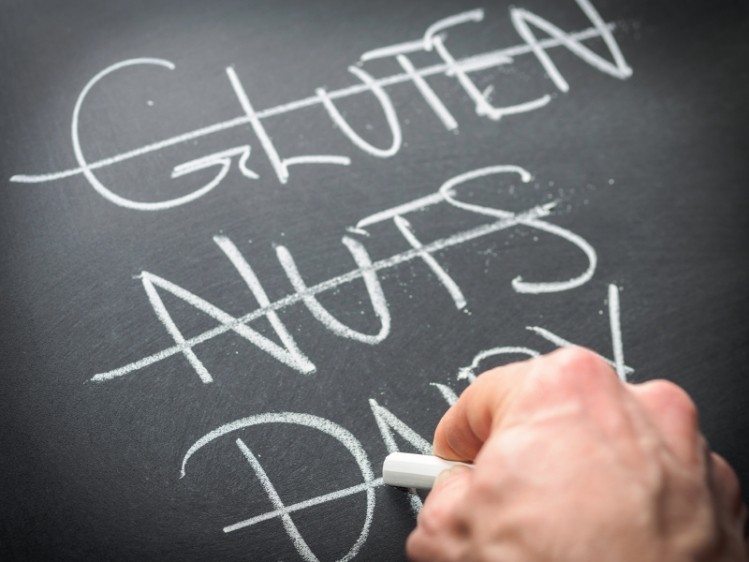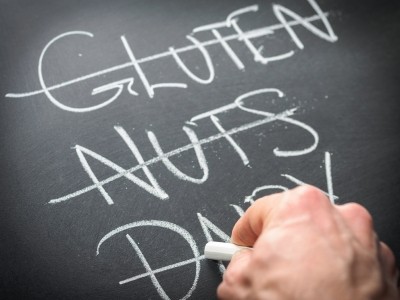Are manufacturers losing market share by playing it too safe with allergen labelling?

Studies suggest precautionary allergen labelling (PAL) baffles shoppers. A survey of 5,000 subscribers to the UK’s FreeFrom newsletter last year revealed that 45% were totally confused by warnings like ‘may contain nuts’. Even more (56%) were actually annoyed by the ubiquitous nature of the information.
Mintel research tells us that in the UK alone 39% of the population say they avoid at least one food, while a survey of 5,000 shoppers published this week by BBC Good Food suggested that 17% believe they have an allergy or intolerance (though only half have been diagnosed).
As consumers become increasingly cautious in food choices, could the Allergen Safe concept –give manufacturers peace of mind to only use PAL when necessary without fear of legal repercussions?
“PAL presents the food industry with poor options and poor outcomes,” said Michelle Berriedale-Johnson, director of the Freefrom Awards, the initiative behind the Allergen Safe concept. “There is scientific evidence showing that if manufacturing is done properly there is no significant risk to consumers.” Certification would therefore give manufacturers and consumers peace of mind that “if there isn’t a PAL the product is safe [for them to eat]”.
In a statement, the Food & Drink Federation didn’t endorse the idea, calling it a commercial initiative for individual members. However, a spokeswoman said the organisation is keen to improve allergen information to consumers and allergen management within the whole food chain.
Simon Wright, from OF+ Consulting, said logos – like Fairtrade, organic and meat-free – can be the best way to build consumer confidence, and quickly. “Asking consumers just to check for a logo is a lot more effective than checking for ‘may contain’,” he noted.
Jo Arden, head of strategy at brand consultants 23red, claimed the scheme is “a pragmatic response to the increasing paranoia in some sectors of food manufacturing”. It is long overdue, she said, but warned that it will only catch on if three factors align.
“First, we must have robust thresholds agreed at an EU and UK level across all allergens. Second, an effective but proportionate means to police manufacturing standards needs to be developed. And third, we must find a way to build trust in the scheme quickly form both buyers and consumers.”
Restricting your market share
Berriedale-Johnson warned manufacturers that also err on the side of caution with their PALs could be significantly restricting their market share.
If the product has a PAL consumers are likely to avoid it in the belief that they or their children have an allergy or an intolerance, or think it’s unhealthy. Therefore, brands that have a ‘play it (too) safe’ rather than pragmatic and robust approach to PAL will lose customers as more self-diagnose.
At present, there are no internationally agreed reference doses to inform voluntary use of PAL, including ‘may contain’. However, some of the clinical data available suggests reference doses which the UK’s Food Standards Agency says may inform precautionary allergen labelling decisions in the future. The EU is currently developing standards.
It will also look at methods used to measure allergens in foods to ensure they are fit for this purpose. Critics contend the current system confuses the public and restricts manufacturers.
























